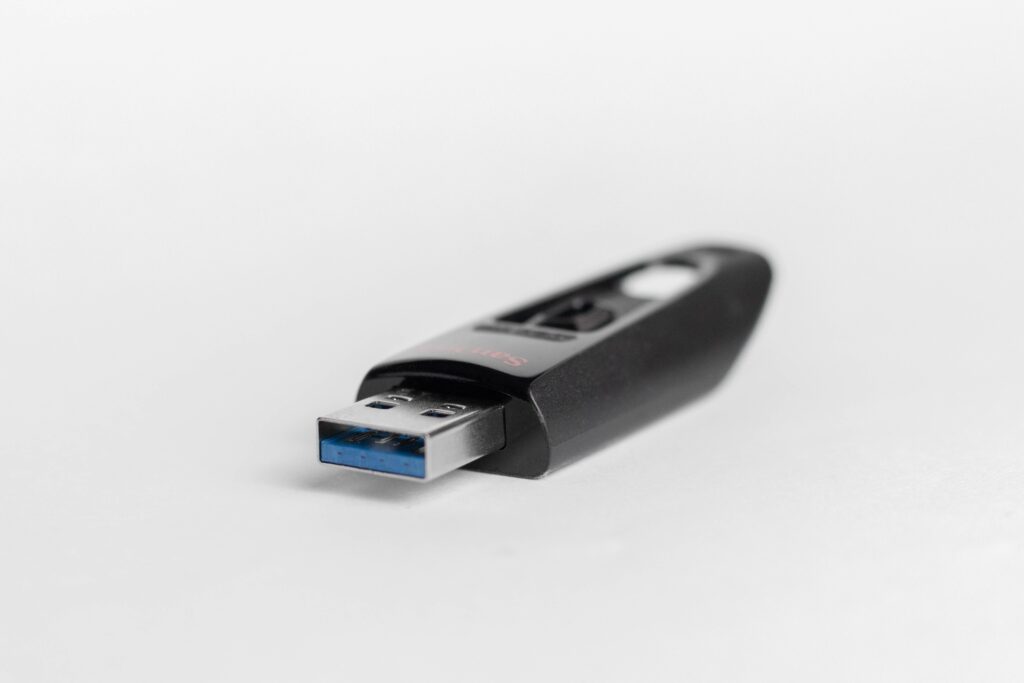Must all expert advice be disclosed, even if it hasn’t been “deployed” in court?
Facts
The plaintiffs in this Queensland Supreme Court case, Murphy & Ors v Gladstone Ports Corporation Ltd, brought an action against Gladstone Ports Corporation Ltd (GPC), alleging negligence in the design and construction of a bund wall which subsequently led to water contamination and other damage.
Assistance with Statement of Claim
The statement of claim produced by the plaintiffs contained a considerable amount of technical detail. It was evident that the statement of claim had been produced with the assistance of an expert. GPC wished to gain access to the expert evidence used in the writing of the statement of claim.
GPC claimed that they were entitled to the discovery of “any expert reports, including drafts, directly relevant to the issue of dispute on the pleadings” [64], relying on Rule 212 of the UCPR, which states: “A document consisting of a statement or report of an expert is not privileged from disclosure” [2].
However, the plaintiffs argued that Rule 212 of the UCPR did not apply to expert advice that was obtained in a consulting capacity, but rather only to expert evidence that was “deployed” by a party [66]. GPC argued that the words in the statute, being plain and unambiguous, “ought to be given full effect” [68] and thereby abrogate the common law litigation privilege. In response the plaintiffs argued that, because common law litigation privilege is a “substantive right…those substantive rights cannot be affected other than by clear legislative intent, which [was] absent” [68].
Legal Professional Privilege
The plaintiff’s argument was based on the well-established principle that, at common law, confidential briefings to a potential expert witness enjoy legal professional privilege. While the privilege attaches to the communication and not to documents, any copies of the documents will be privileged if made for communication between lawyers, clients, or other third parties, for actual or potential litigation, on the basis that it is in the “interests of justice” for each party to be free to prepare their case. [69]
At common law, documents produced by an expert witness (such as drafts) for their own use will not attract privilege, because they are not communications. However, if this draft is shared and/or does comprise communications, it will attract privilege at common law.
Judgement:
Crow J made a number of comments in his judgement regarding what types of expert evidence is likely to be discoverable in litigation.
1. Documents that Influenced Report
If an expert’s evidence is relied upon, this will result in an “implied waiver” of documents that “were used in a way that influenced the report.”. This is because it would be “unfair” to “compromise the examination and cross-examination” by preventing access to the assumptions and facts “on which the opinion was based…” [69][f].
Thus, there is no privilege for documents used by the expert in the formation of their reports, no matter how these were accessed. The extent of the influence on the expert report must be such that it would be unfair for the influencing material to not be disclosed [69][h]; because of this, “proper” communication between lawyers and experts (i.e. communication to ensure that the report is in an admissible form) is privileged. However, communication that influences or changes an expert’s opinion will forfeit privilege, “upon disclosure of the report” [69][h].
This implied waiving of privilege occurs when the “report is first deployed to the advantage of the party who commissioned it” – if an exchange of reports occurs prior to the trial, then the waiving of privilege occurs at this point [69][i].
2. Expert Advice Used in Pleadings
Although at common law expert evidence used in the formation of pleadings enjoys privilege and therefore cannot be disclosed [71], under r 212(2), “all reports and statements of an expert” are disclosable, “regardless of whether those reports are said to be final reports or statements or not” [103]. Crow J endorsed the test used by Douglas J in Mitchell Contractors v Townsville-Thuringowa Water Supply Joint Board [2004] QSC 329, where it was found that a document prepared will be disclosable under r 212(2) if it “reflects the state of mind of the expert”. Thus, Crow J rejected the plaintiff’s argument that there was no requirement to disclose such a document until and unless it was “deployed” [104]. Therefore, any expert report prepared for “possible use in litigation” [66] may be discoverable.
Takeaways
Solicitors should keep the above in mind when utilising an expert witness to help prepare their case, and keep in mind that the range of documents that are discoverable at common law is broadened under UCPR Rule 212(2). When determining whether or not a given document is discoverable, the court will look at whether the document reflects the state of mind of the expert.
Note: For readers not in Queensland, it is advisable to consider specific rules/ practice directions that apply to expert reports in their relevant jurisdiction.
